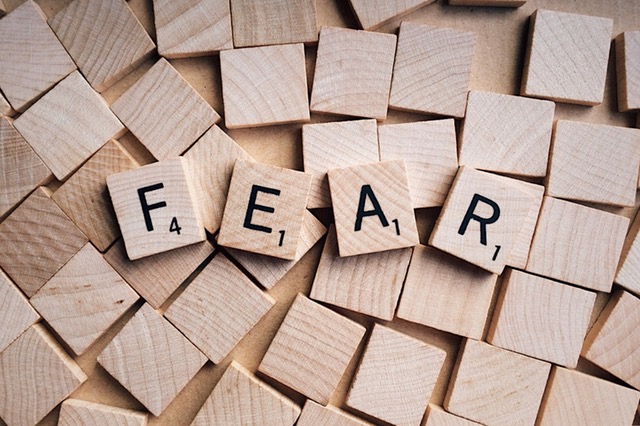What Does Abuse Feel Like?

Abuse is so much more prevalent than you think. It is often hidden behind closed doors, cloaked in excuses, masked by smiles and denials, covered by clothing, hats, sunglasses, and makeup. Abuse is cruel, invasive, personal. It is lack of respect for you as a person.
Physical, emotional (psychological), verbal, sexual, financial, spiritual, sexual harassment, incest, and negligence are all forms of abuse. All are demeaning and cause fear and uncertainty in the life of the abused person.
Children who are themselves not overtly abused are abused by witnessing abuse to others, particularly if it is to a parent or sibling.
All abuse is damaging, has a lingering effect on the person abused, shows up later in life in some, perhaps obscure, way. It is trauma.
Often, but certainly not always, it is generational trauma passed on consciously or subconsciously. The good news: it can be stopped!
THE ABUSE CYCLE
There is a cycle to abuse. It begins – perhaps abruptly, unexpectedly – as a seemingly small loss of control, a little slap, a demeaning word or two, an insistence that your wishes be ignored, a quiet invasion of your privacy, or as an expected means of ‘communication’.
It always hurts – physically and emotionally even if you do not recognize it as such.
You may become angry, slink away, cry, be stoic, desire revenge, believe you deserve it, or any of another host of feelings. What you may not realize is that it is an assault that you do not deserve.
_______
The cycle moves along to a cool off period where things seem not to be so volatile. Things calm down for a bit. At times it may seem to you that you only imagined what happened.
The abuser becomes attentive to you, apologizing for the abusive behavior or words, saying he/she lost control and it will never happen again, telling you how much they love you. Life seems peaceful.
________
Then it strikes again – the words, the slap, the sneer, the punch, the force, the threat. You may be caught unaware, or you may have suspected tension was building up to this again.
You reel from it, but in your mind you offer excuses for the behavior.
This time though, the abuse is just a bit more aggressive, a little more sustained. You might be further threatened to tell no one about what happened.
It is important to the abuser that this behavior be a secret.
You are scared, ashamed, embarrassed.
If you have children, you try to excuse your abuser to them or keep it hidden. That only lasts a very short period of time. Children are most often aware of what is happening. They sense the tension around them, they hear the sounds, the words, the slaps. They witness the abuse. They are affected by it as if it happened directly to them.
THE CYCLE CONTINUES
The cycle starts to speed up. Calm reigns, apologies are given, flowers are presented, and then – the abusive behavior begins again.
You feel more and more isolated and, in fact, may be more isolated. You are constantly checked on by the abuser, increasingly cut off from your family and friends, not ‘allowed’ to go out alone.
Faster and faster it cycles around. You now live your life in constant fear.
SEEK HELP
You can be released from this cycle and live your life without constant fear. It takes a great deal of courage and determination to get away from your abuser.
Make plans to get to a safe place. This may take some time but is essential. Get to your safe place and call a therapist specializing in abuse for help. You do deserve to be respected and treated well!
VERBAL ABUSE
Verbal abuse can be sneaky. And it is also very destructive. You think of someone yelling at you, calling you names, telling you things so that you begin to doubt yourself. Knowledge is strength. The link below is an article that enlightens you to the different ways verbal abuse can show up and why it is so damaging. Read it to recognize verbal abuse and be informed. psychologytoday.com/blog/tech-support/201701/the-truth-about-quiet-verbal-abuse

